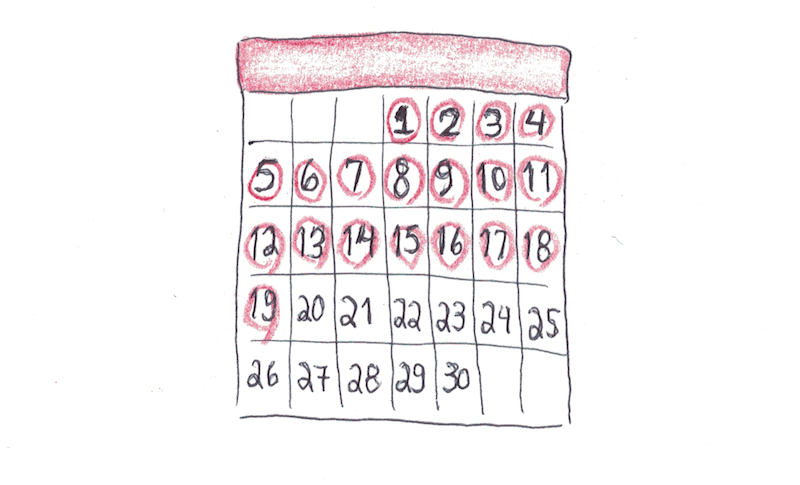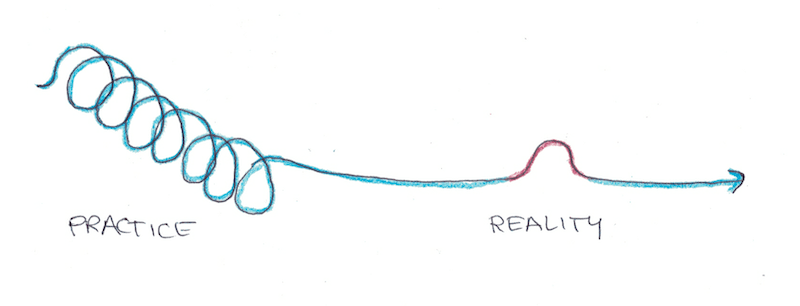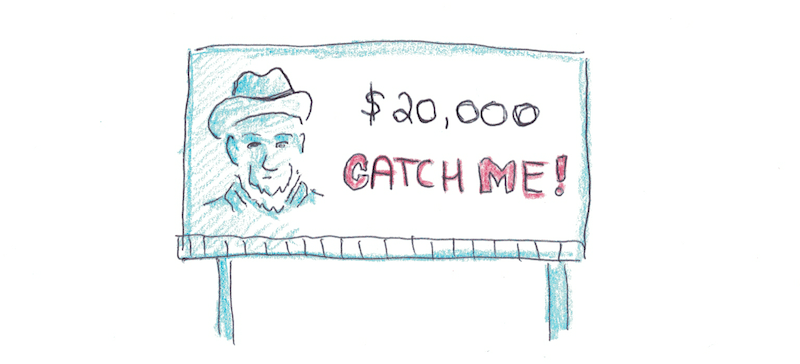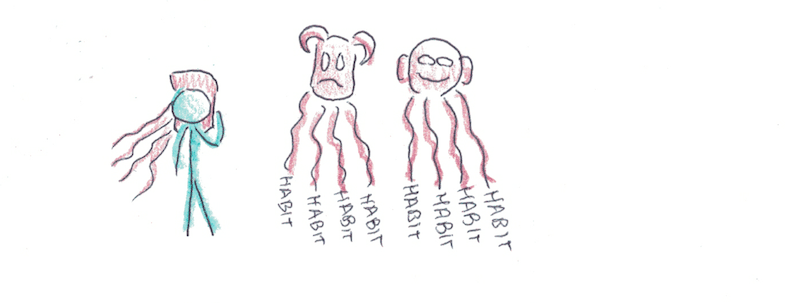What's the Best Way to Make a Habit? Comparing Seven Different Approaches | Scott H Young
Curated from: scotthyoung.com
Ideas, facts & insights covering these topics:
9 ideas
·4.91K reads
6
Explore the World's Best Ideas
Join today and uncover 100+ curated journeys from 50+ topics. Unlock access to our mobile app with extensive features.
Building habits
The basic process for building all habits is basically the same: you repeatedly condition the behavior you want, over time, until it becomes automatic.
But no habit starts out automatic; there’s a deliberate period, where you must consciously apply yourself to make a certain behavior your default.
407
878 reads
Conditioning a habit
2 main ways you can condition a habit:
- Classical conditioning: a paired association with a trigger and a behavior. Going to the gym after you wake up each morning is this kind of habit.
- Operant conditioning: you not only associate a trigger with a behavior, but you reward that pairing, to accelerate the habit-forming process.
382
670 reads
The 30-Day Trial
You commit to some change for 30 days, then tou can go back to your old ways. But having spent thirty days applying a new behavior is often enough to convince you to stick with it.
Pros:
- Can handle more significant/difficult behavior changes you might be unlikely to start with a perpetual commitment.
- Fosters an experimental mindset, rather than assuming you already know what’s best.
Cons:
- 30 days probably isn’t enough to actually make something a habit.
- Without a long-term plan, many 30-day trials will revert back to the original behavior.
355
577 reads
Don’t Break the Chain
Keep track of how many days in a row you’ve successfully followed your habit. As your chain gets longer and longer, you become increasingly committed to the habit.
Pros:
- Maintains habits over a longer timeframe than a 30-day trial.
- Better for things you already do (or are easy to do).
- The longer your chain, the more serious your commitment.
Cons:
- Accidental slip-ups or situations where your habit becomes impossible can collapse your motivation.
- Many habits don’t work on an easy daily or weekly interval.
356
520 reads
Never Miss Twice
The goal is to do it every day (if possible) but if you miss a day, you must do the habit the following day.
Pros:
- Easier to keep up for longer stretches with harder habits.
- Easier to handle on an irregular schedule.
Cons:
- You’ll be much more likely to take days off unnecessarily if you know it’s only two-in-a-row that count.
- If you sometimes do X, and sometimes don’t, it will take longer to make the association automatic.
353
517 reads
Pretraining
It means practicing the habit a bunch of times in an artificial situation so that it occurs more automatically in real life.
Pros:
- For when you think you won’t be able to consciously control your reaction in the real situation without practice.
- When the behavior you want to perform requires skill or knowledge you might not possess without practice.
Cons:
- The practice may not fully transfer to the real situation.
- Practicing multiple times in the same session is known to have a weaker impact on long-term changes to your behavior.
283
388 reads
Project-Driven Habits
Ignore the process of creating habits altogether and simply focus on a project that will force them to occur.
Pros:
- You can often change multiple habits at the same time with less overhead.
- Help you be flexible about adopting and dropping habits based on what works.
Cons:
- Once the project is done, the habits may go with them.
- A project can often eat up or push out other good habits.
291
479 reads
Tattletale Tactics
This strategy works by deputizing others to enforce your habit for you.
Pros:
- No formal rules or mechanisms are required, just the social pressure from the outside.
- If you find yourself constantly breaking your own commitments, this may be the only tool you can use to effectively control your behavior.
Cons:
- Most people won’t care about your behavior as much as you should.
- Doesn’t work if others aren’t watching you while you perform the habit.
257
356 reads
Identity-Driven Habit Changes
Avoid thinking about changing a habit, but instead think about changing your self-conception.
Pros:
- “I’m a healthy person now,” for example can trigger eating better, exercising more and quitting smoking and drinking all at once.
- If successful, these can make not following the habit unthinkable.
Cons:
- If you’re trying to change your identity but you still really like the old you, the change won’t last.
- Hard to plan for and pull off.
358
526 reads
IDEAS CURATED BY
Ethan O.'s ideas are part of this journey:
Learn more about personaldevelopment with this collection
How to find common interests
How to be a good listener
How to overcome social anxiety
Related collections
Similar ideas
4 ideas
How Important is Growth? | Scott H Young
scotthyoung.com
4 ideas
Should You Target the Minimum? | Scott H Young
scotthyoung.com
2 ideas
Read & Learn
20x Faster
without
deepstash
with
deepstash
with
deepstash
Personalized microlearning
—
100+ Learning Journeys
—
Access to 200,000+ ideas
—
Access to the mobile app
—
Unlimited idea saving
—
—
Unlimited history
—
—
Unlimited listening to ideas
—
—
Downloading & offline access
—
—
Supercharge your mind with one idea per day
Enter your email and spend 1 minute every day to learn something new.
I agree to receive email updates







